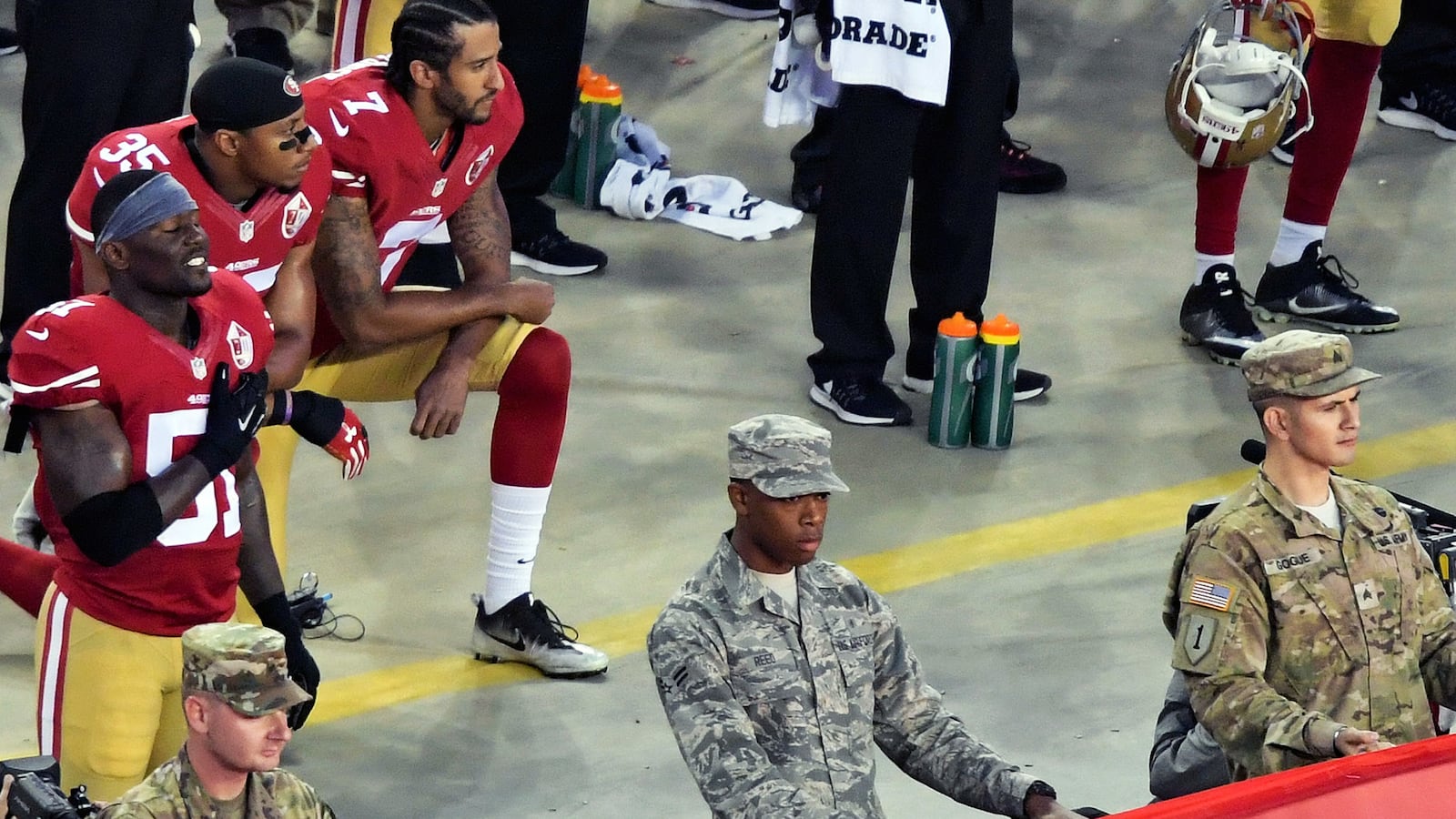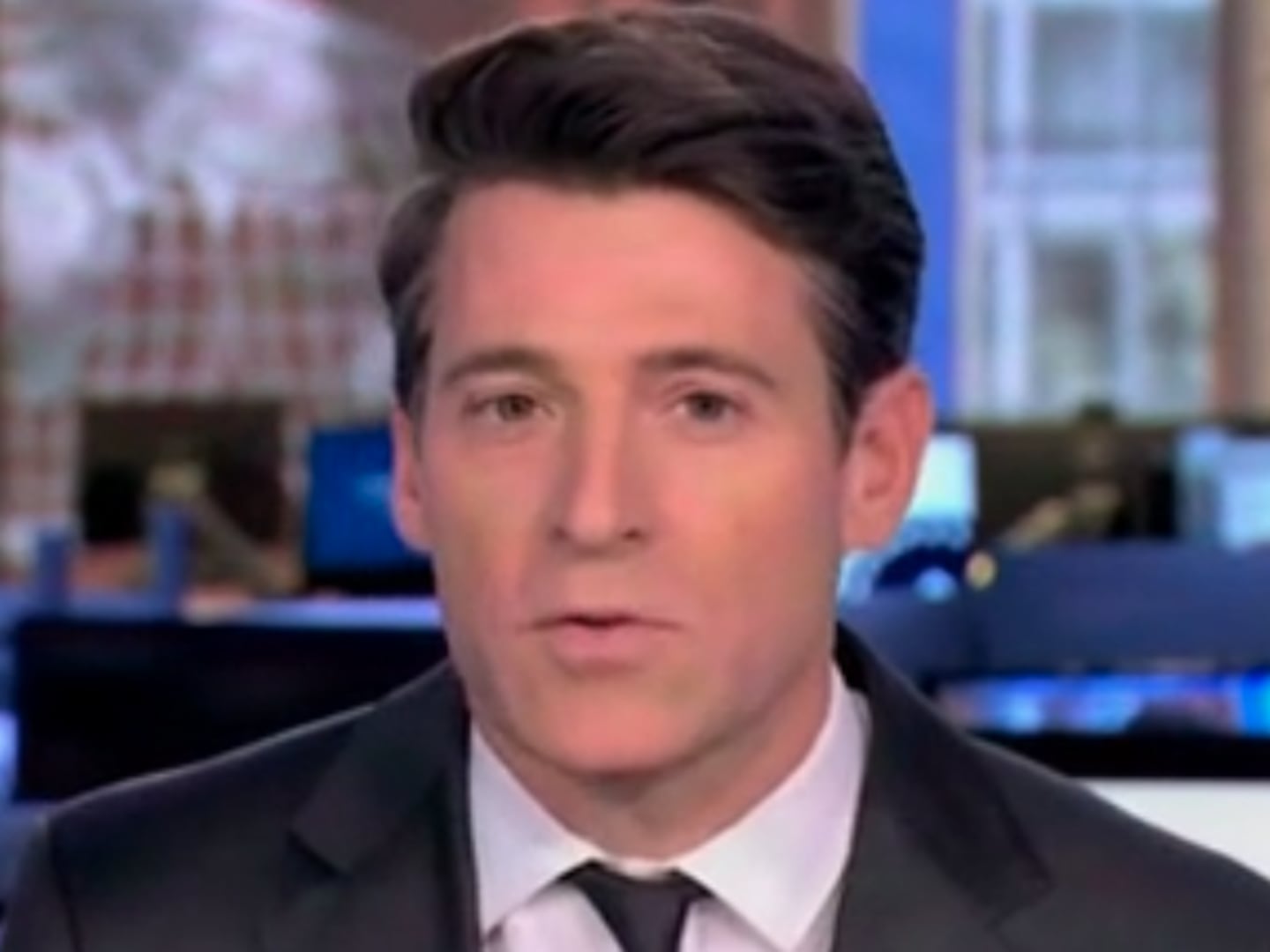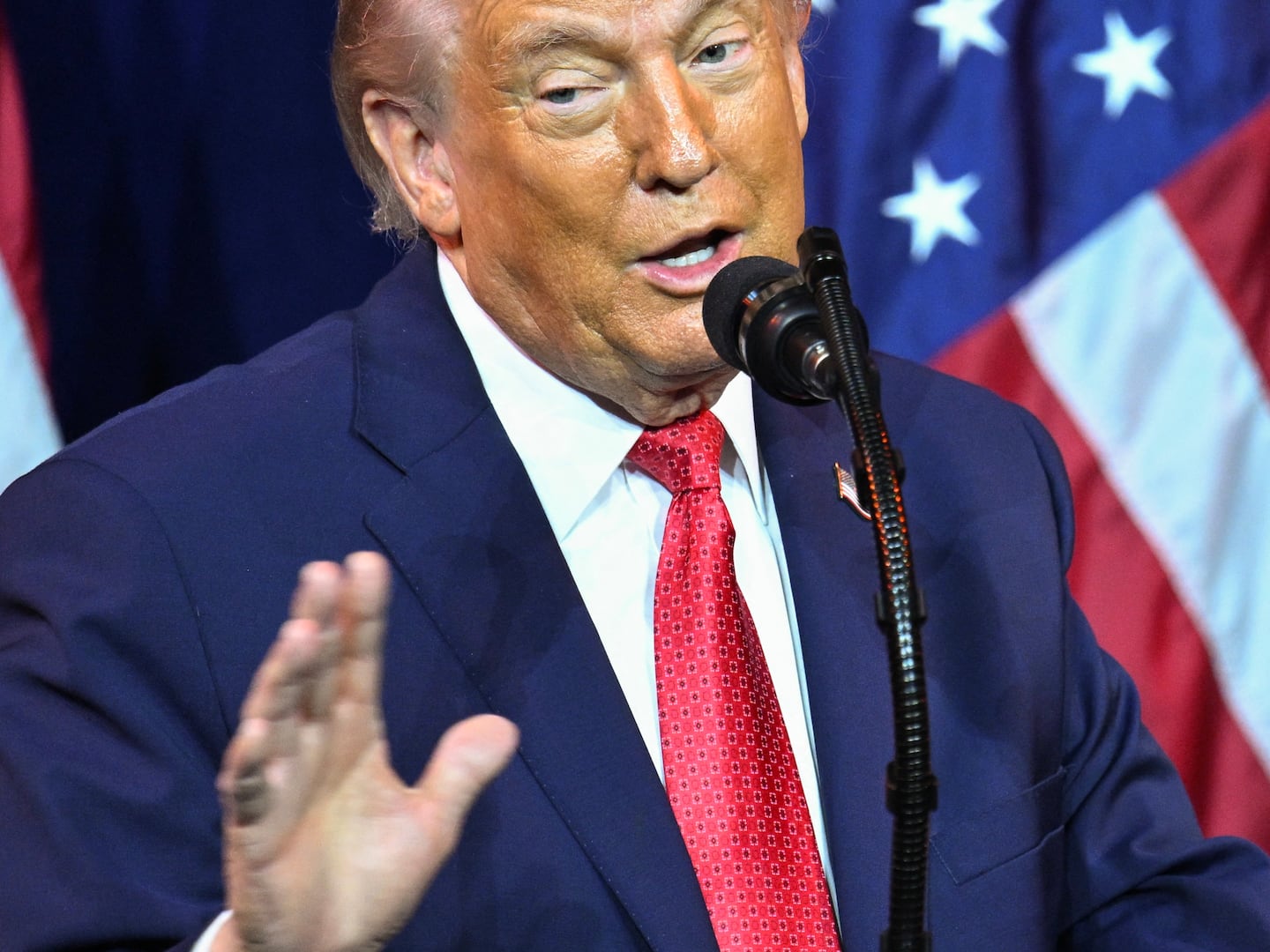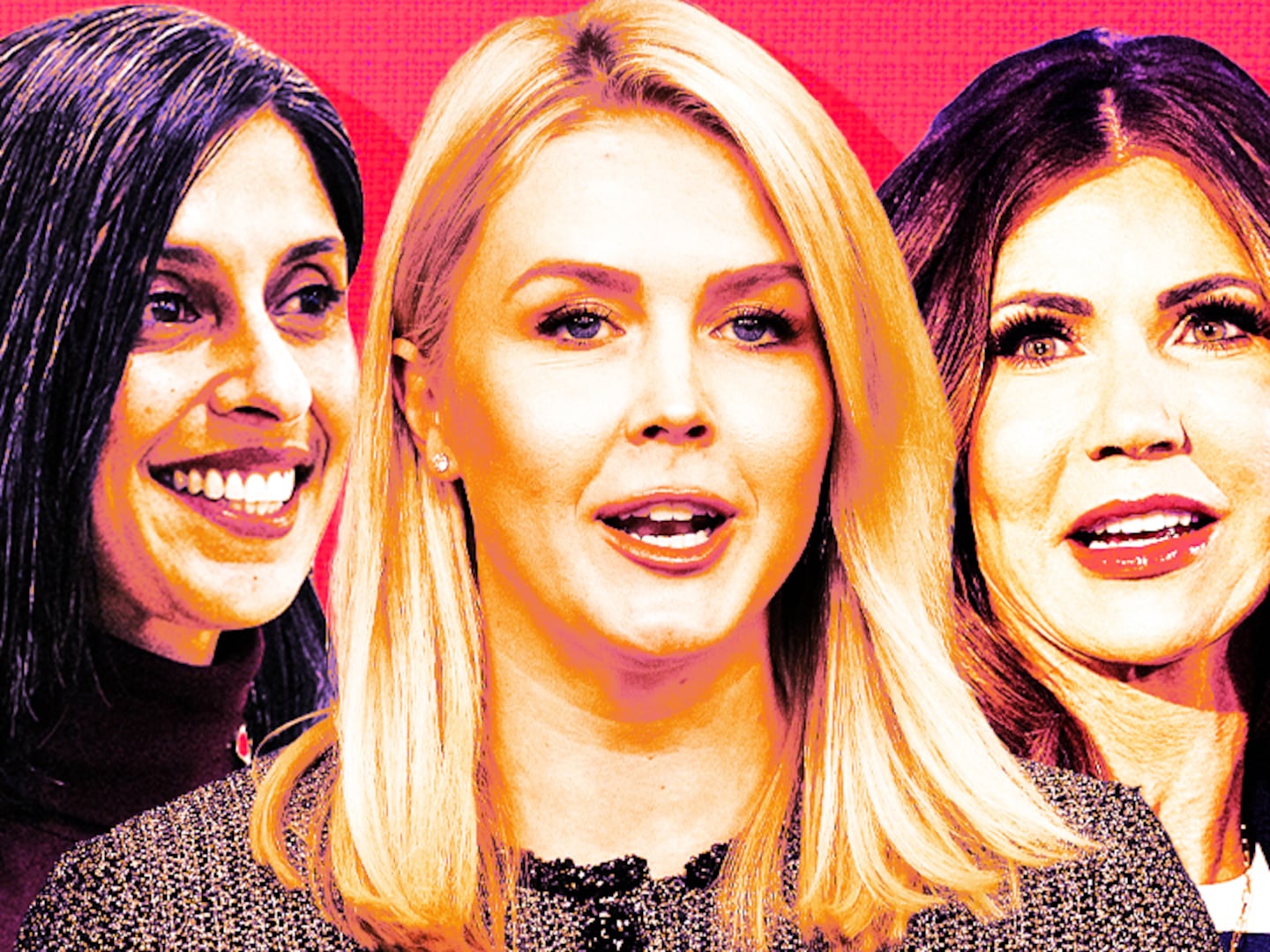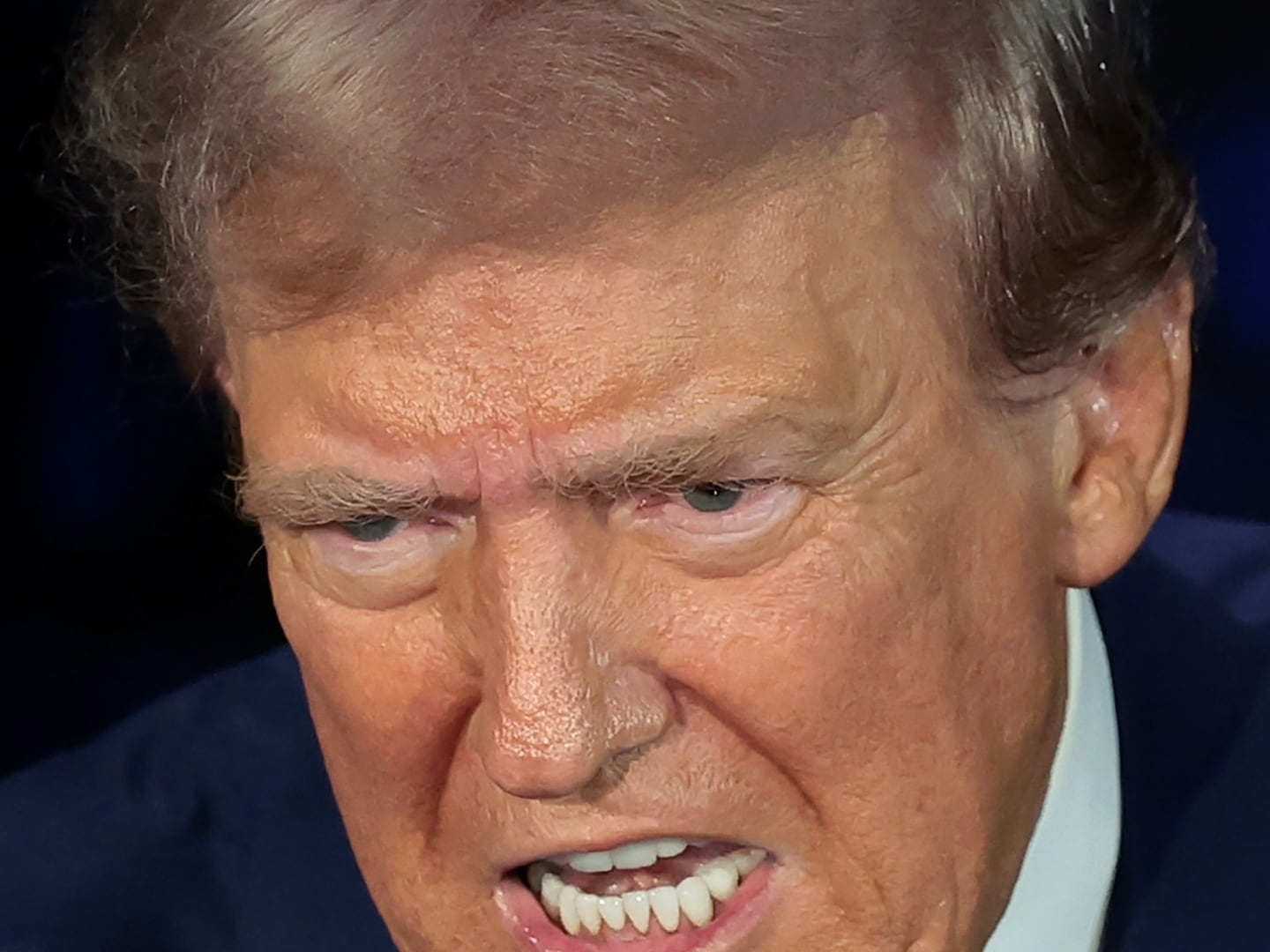It was a typical Tuesday morning conversation at work, one of thousands happening around the country. Except those gathered around were wearing military uniforms instead of suits and ties. Perhaps because the season had just begun, the conversation quickly turned to football—and to Colin Kaepernick’s decision to kneel through the national anthem rather than, in his words, “show pride in a flag for a country that oppresses black people and people of color.”
Someone who had attended Monday’s Redskins/Steelers game noted that fans sang “God Bless America” during a break in the game. Another dryly replied: “I wonder if Colin Kaepernick would kneel through that as well.” Most of the troops standing around laughed in approval.
But a few service members quietly fumed—a sign of how Kaepernick’s stance is quietly dividing those uniform, especially here in The Pentagon.
The debate over Kaepernick’s gesture has devolved into a mutually exclusive choice between patriotism or support for #BlackLivesMatter. And because of that, it has put troops who support Kaepernick’s call for the nation to address police shootings in the middle. Do you still support your country (even if you wear the uniform) or the cause Kaepernick said he is trying to shine a light on?
“You are making me choose when I don’t have to. You are throwing my patriotism in my face,” explained one Army colonel to The Daily Beast. “When I am in uniform, I do my duty. Kaepernick is a citizen of the country. He is doing his duty. The flag represents the people.”
“This is not an either or situation,” a Navy commander explained to the Beast.
Because many in uniform believe Kaepernick’s decision disrespects the flag, it’s easy to imagine the debate over his act quickly getting testy in the Pentagon. Instead, there is quiet, sideline discourse happening between troops, six troops told The Daily Beast. It is a compromise in a climate in which the Kaepernick issue is so divisive that open debate in the Pentagon could be too hostile, but to say nothing would be insincere. So it is happening far more furtively— in Facebook posts, passing comments, and occasionally one-on-one debate in the largely windowless halls of the building.
President Obama, the Daily Show, South Park and even Justin Timberlake may all be openly addressing Kaepernick’s protests. Some service members feel they can’t.
“You are not going to change anyone’s mind. But I don’t understand the outrage directed at Kaepernick,” an Air Force colonel told The Daily Beast. “Where was this outrage when the cops killed Eric Garner for selling cigarettes or when they killed Alton Sterling for selling CDs? Kneeling at the anthem outrages you more?”
70percent
In the Pentagon, it is not just black officers who support Kaepernick. There are also those who believe they wear the uniform so that citizens like Kaepernick can speak freely, even if it is to say he does not want to stand for the anthem. A hashtag campaign that has emerged Tuesday, #veteransforkaepernick, reflects both views.
Three troops who spoke to The Beast said that when Kaepernick comes up in conversation, they refocus the talk to civil rights and social justice. To let the discussion focus only on Kaepernick’s patriotism is a diversion from that needed discussion, they said.
“He is not the problem. He is trying to point to a problem,” the Army colonel said.
Those troops who support Kaepernick said the election is affecting troops’ willingness to talk about racial politics as the candidates increasingly try to use veterans to steer the campaign discourse. On Friday, for example, Republican presidential candidate Donald Trump stood at his newly opened Washington hotel, surrounded by veterans, including a handful of Medal of Honor recipients, who each spoke about why they support Trump.
While veterans are free to enter politics, those currently serving are banned from talking about the election—but not the issues driving it.
“The veterans are entering politics and dragging us along,” a second Army commander explained. “It is seeping into the building.”
The U.S. military’s relationship with the flag is embedded into nearly every day of a service member’s career. Soldiers must, according to Army regulations, “stand at attention on the first note of ‘Reveille’ and salute” each morning as the flag goes up, and again that evening at the sound of at “first note of ‘Retreat’” and face the flag.
The flag flies in front of the homes of hundreds of thousands who serve, carefully raised each day to ensure it does not touch the ground and is treated with respect. In between, service members and their families carefully store the flag. And in warfare, the flying of the flag signals home, victory and safety in the midst of hostile territory.
Kaepernick began his protest during the preseason and other football players, as well as a women’s soccer player, have followed his example. It remains unclear if he started the conversation he wanted, but he certainly has brought a new kind of discourse at the Pentagon. How fruitful that conversation has been, though, remains unclear.
“People say get over it,” an Army major told the Daily Beast he has heard from fellow soldiers about his concerns. “Why are you so ready to get over police shooting unarmed citizens?”

